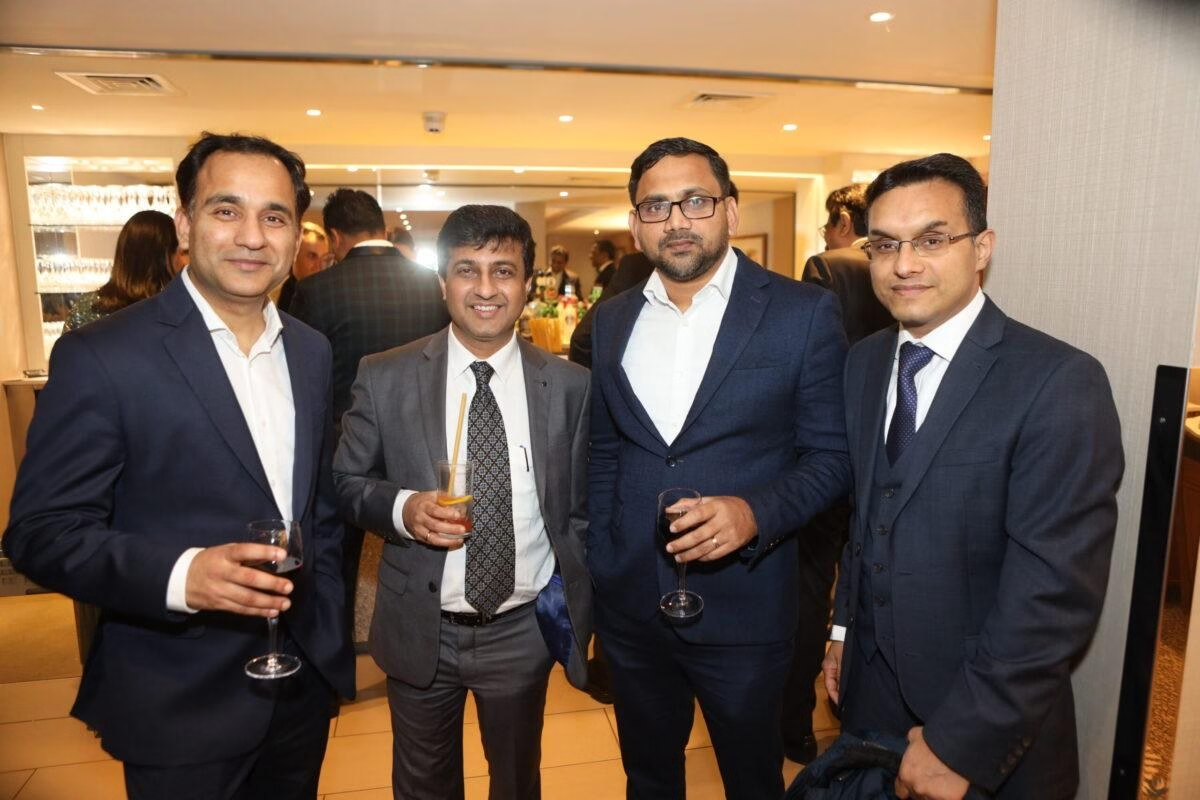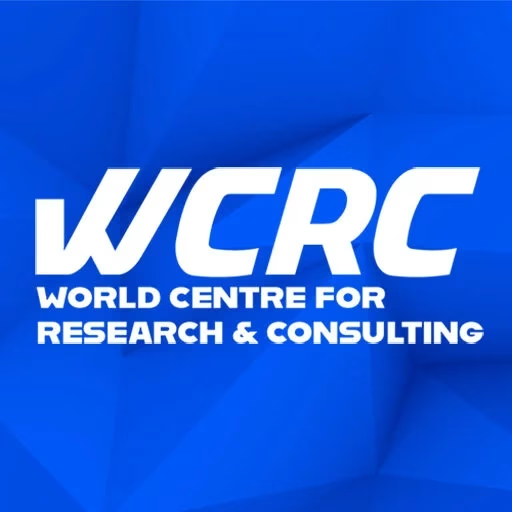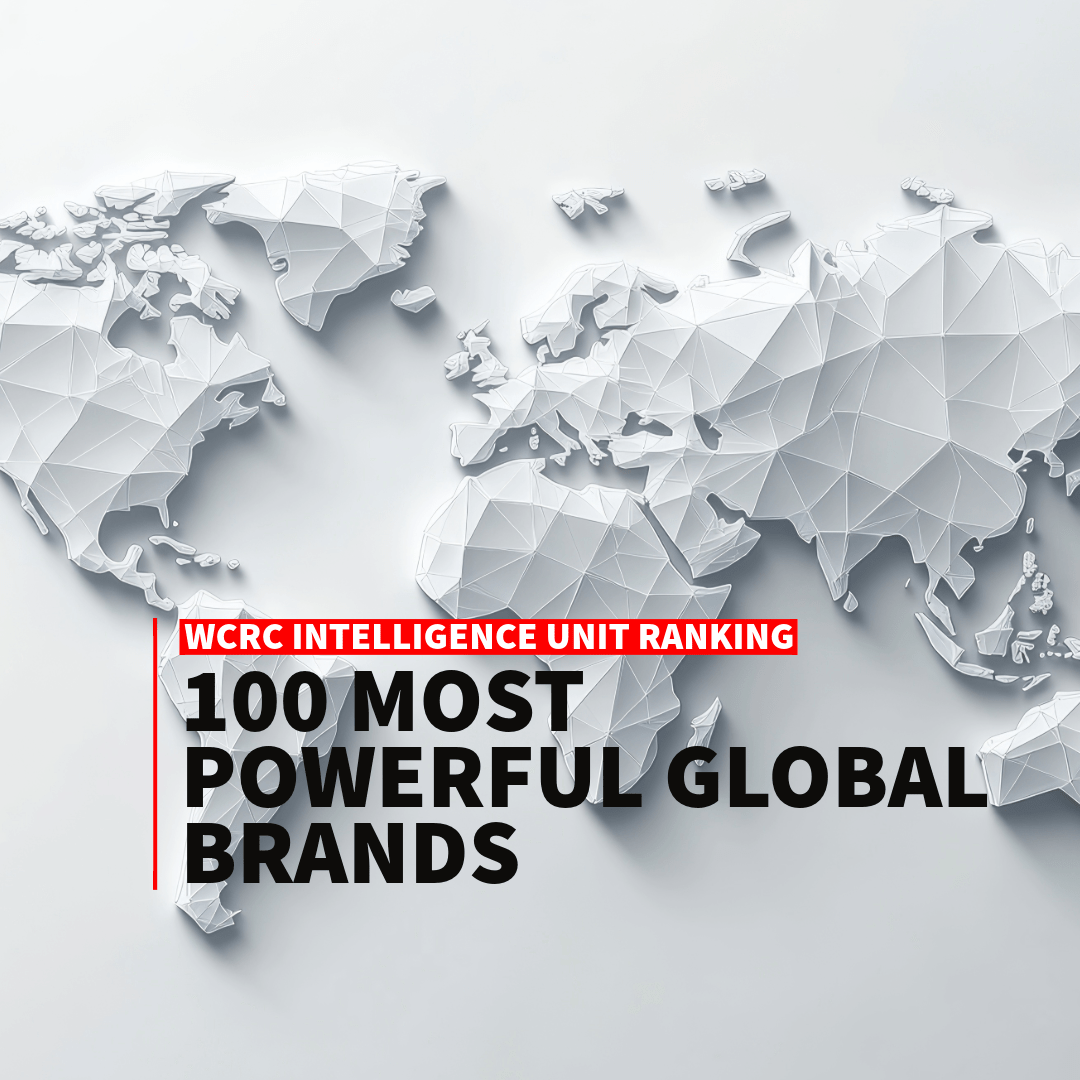Selected as WCRCLEADERS World’s Best Emerging Leaders 2022, Lovesh Kapur is building a world class consulting firm through key focus on customer solutions
WCRCLEADERS in conversation with Lovkesh Kapur, Managing Director, SapienceS2P
- Selected as WCRCLEADERS World’s Best Emerging Leaders 2022, Lovesh Kapur is building a world class consulting firm through key focus on customer solutions
- What makes a strong leader? What are your key leadership strengths; the ones that are the strongest markers for success?
- Tell us about an accomplishment that you consider to be the most significant in your career. What challenges did you face achieving this success?
- List 5 in order of importance the key qualities of a successful leader in these challenging times:
- What is your vision, and how do you share that with your shareholders, employees and others?
- How do you drive active business improvements and how does that impact your subordinates?
- How do you integrate corporate philanthropy or corporate social responsibility as a part of your business strategies?
- What has been your driving force or philosophy in life?
- How do you plan to drive your business at a global level?
- How do you define success and how do you measure up to your own definition?
- In your opinion what is the most significant aspect of leadership?
- In your vision of an empowered society, how much has your industry contributed, and how much can they contribute?
- Esprit de corps: How do bring fairness and equality to all your team members?
What makes a strong leader? What are your key leadership strengths; the ones that are the strongest markers for success?
A strong leader needs to be able to stand up for what they believe, but still have a willingness to learn from those around them and grow with their team. A clear vision of their goals and how they plan to get there is also a must.
In my case, I saw the frustrations of both clients and fellow team members whilst working as a freelance SAP procurement consultant. I could see a better way for myself and my colleagues to share our skills with customers, giving them a faster, cheaper service with access to more experienced specialists at the same time.
The combination of flat team structure, agile methods and flexible working conditions mean we have no trouble attracting top talent in a marketplace notorious for skills shortages. At the same time customers return time and again. All proof that my leadership methods are working.

Tell us about an accomplishment that you consider to be the most significant in your career. What challenges did you face achieving this success?
Founding SapienceS2P probably isn’t the most significant accomplishment in my career, but growing it to where it is today despite a global pandemic certainly is! Luckily for us, my highly flexible onshore-offshore business model immediately lent itself to working around the problems of Covid and its lockdowns.
List 5 in order of importance the key qualities of a successful leader in these challenging times:
- Vision
- Knowledge
- Communication and listening skills
- Willingness to learn
- Accountability
What is your vision, and how do you share that with your shareholders, employees and others?
My vision is to bring every customer the best possible digital procurement solution, no matter what their needs are. This can mean helping potential clients through multi-year bespoke roadmaps, or a simple software update. The right solution delivered at the right time and in the right way is essential if every company is going to see the benefits of a truly global and worldwide procurement infrastructure in our lifetime.
How do you drive active business improvements and how does that impact your subordinates?
Any business developments within SapienceS2P are always built by working closely with whichever team members are likely to be affected. In fact, these would be the team members involved in driving the changes. This serves to empower my subordinates and helps make sure any business changes are fit for purpose.
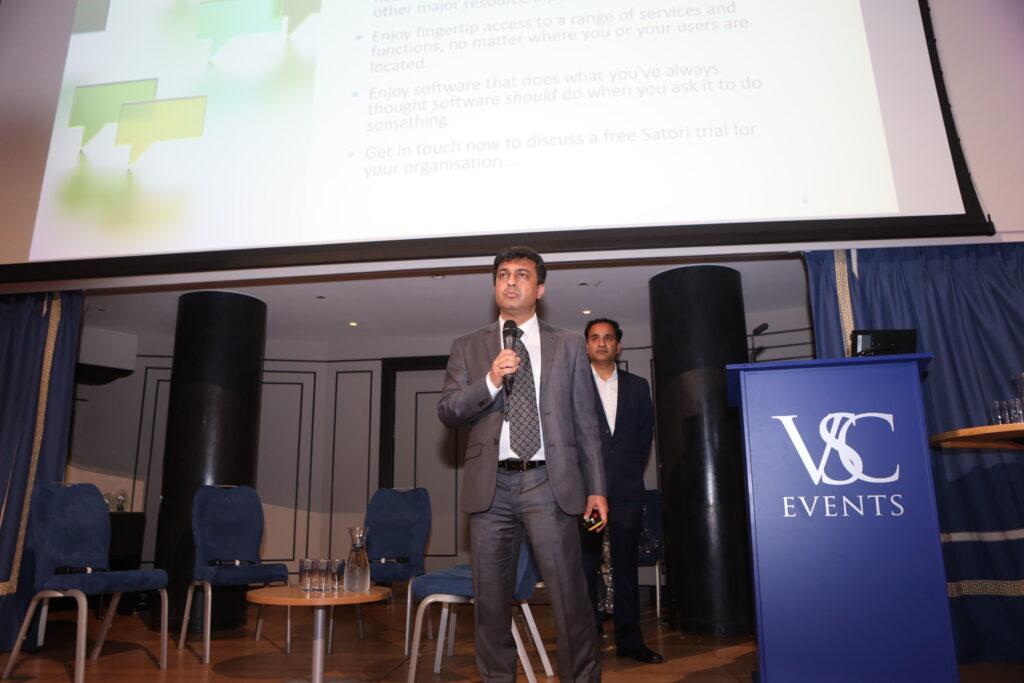
How do you integrate corporate philanthropy or corporate social responsibility as a part of your business strategies?
Initially the Satori chatbot itself was developed off the back of an idea that SAP partners should come up with a socially beneficial idea to help frontline workers during the first Covid-19 lockdowns and surges. We quickly realized that more people could benefit from the product than just healthcare sourcing specialists – in fact, the chatbot could easily help more workers of every type take advantage of source-to-pay and procure-to-pay benefits.
Ultimately, SAP Ariba and S/4 Hana make it easier for companies to actively source sustainably and responsibly, so the more vendors and purchasers who join the Ariba network, the better for the environment and society.
Internally, our own team members work remotely and are able to arrange their work to meet their family and their other needs. This is one of the things we find can help attract top talent, so it’s not all philanthropy on our part!
What has been your driving force or philosophy in life?
I feel that in business and in life, it’s good when everyone involved benefits and feels they’ve come away having benefited. Supporting those we meet to achieve their full potential means everyone comes out on top, whether we’re talking about family members or our team members.
This can be seen at SapienceS2P, where clients get top quality consulting services tailored to fit their needs (including their budget and other resources), while the on-shore/off-shore model and 100% remote working policy allows all of us who work there to spend more time doing the things we love and with our loved ones. The flattened management structure and our client onboarding policies mean every stakeholder can input their ideas and skills – even when they go beyond the initial remit or job description.
It’s not all philanthropy though – facilitating idea and skill sharing can help inspire innovation, and a happy and fulfilled family, friend or employee is only going to improve life for those around them.
How do you plan to drive your business at a global level?
Currently we’re already reaching out to stakeholders in SAP-using organizations throughout the US and Europe. We will continue to do so, at the same time expanding our network of offices as we go.
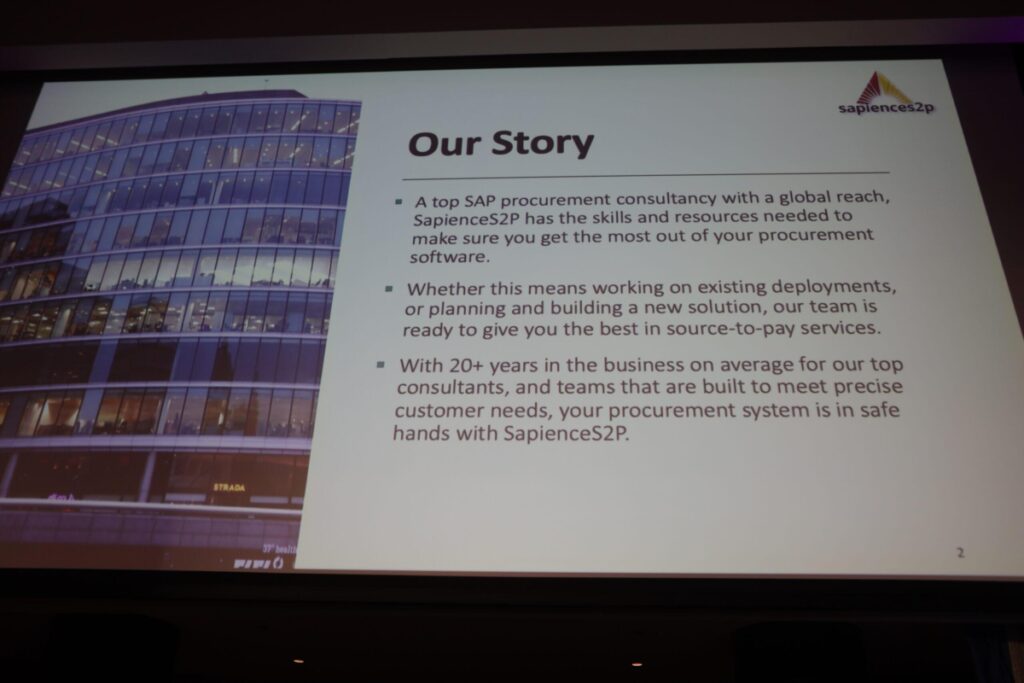
How do you define success and how do you measure up to your own definition?
The measure of success for me is when my customers are happy with my teamwork. We always try to deliver more to make their procurement journey awesome. We have so many returning customers who have seen our work and their feedback is we are truly professional in our work They really enjoyed working with us.
In your opinion what is the most significant aspect of leadership?
Responsibility. If you have more of an opportunity to make an impact, whether that’s on an individual client or employee’s life, or on the environment or society as a whole, it’s important to realize this and do your best to make sure that impact is a positive one. By definition, those of us in a leadership position have more opportunity to have an impact, so it’s something we need to strive to do well at.
In your vision of an empowered society, how much has your industry contributed, and how much can they contribute?
Do you mean the IT industry as a whole? Like any tool, the technology itself can be used for good or ill. Despite ongoing issues with discrimination in workplace and a lack of opportunity to learn that still affects most of the individuals, the IT industry is in many ways the most egalitarian. Essentially, if you’re good enough, you can get a job at even top companies like Alphabet/Google, Microsoft and Meta/Facebook so long as you are able to demonstrate the right skills.
SapienceS2P follows the trend towards hiring on merit or individual interest rather than based entirely on certificates held. An unusual background is no barrier to working with us, as long as you have the right skills and a willingness to work hard as part of our team. We promoted hybrid work culture so that employee can decide where they would like to work from. We also promote apprenticeship culture and hire lots of college freshers. Trained them on latest cloud technologies so that they can face the world with confidence.
Esprit de corps: How do bring fairness and equality to all your team members?
SapienceS2P benefits from a flat management structure, with open channels of communication at all levels. In a 100% remote workplace this is relatively easy to achieve.
Every team member’s ideas are valid, and we’re willing to learn from each other and let people share their skills and knowledge – even where it’s not something initially covered by their job description. All of our team members have evolving roles that grow rather than being designed.
This improves worker satisfaction and makes sure we don’t miss out on “hidden” skill sets that might not come to light in a more rigidly structured organization.



